
OR
Minister Baskota forced to resign in bribe scandal
Published On: February 21, 2020 08:57 AM NPT By: Republica | @RepublicaNepal
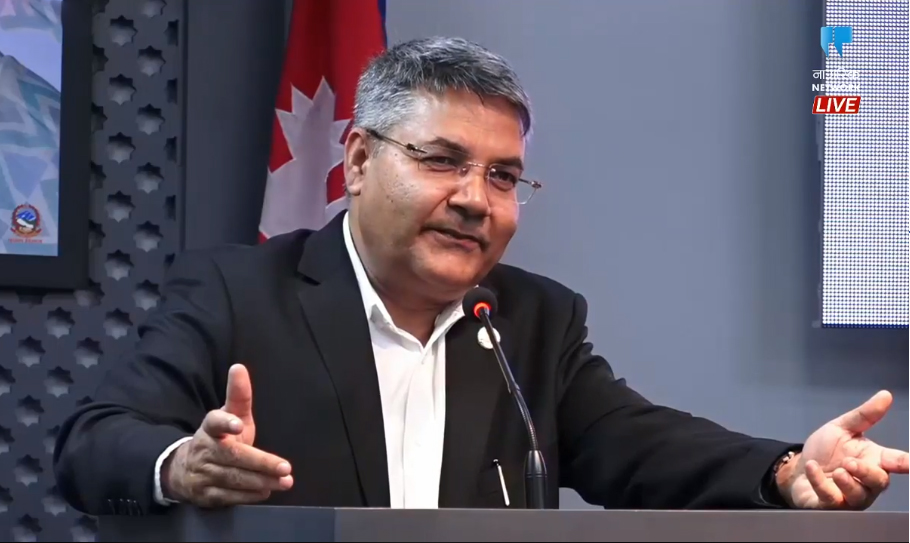
KATHMANDU, Feb 21: Until late Thursday afternoon, Nepal Communist Party leader Gokul Prasad Baskota was heading two ministries – Ministry of Communication and Information Technology and Ministry of Urban Development. At 4:08 pm Baskota, one of Prime Minister KP Oli’s favorite cabinet members, announced his resignation from both positions “after question was raised against me”.
“Since the question was raised against me I have tendered resignation to the prime minister on moral ground. Thank you,” Baskota wrote on Twitter.
Banskota then changed his Twitter bio to ex-minister. He was under pressure from early morning to resign after being accused of seeking Rs 700 million from a Swiss company for awarding a security printing press procurement contract. In a leaked audio recording of a conversation between Baskota and the Swiss company’s local agent, Bijaya Prakash Mishra, Baskota is heard demanding a bribe for the contract.
Online news websites broke the story and ruling party leaders including PM Oli were shocked. The prime minister himself inquired about the matter. NCP Executive Chairman Pushpa Kamal Dahal rushed to Baluwatar to discuss the response in the context of an incumbent minister getting caught up in bribery. Later, other senior party leaders joined them.
After hearing the audio they reached the conclusion that Baskota had to go, and this sealed his fate. He announced his resignation via Twitter although initially he had been denying any involvement in bribery and was for calling a press conference to clarify his stance.
By the time this story was filed, the Commission for Investigation of Abuse of Authority (CIAA) had barred Baskota from taking any documents from the ministrries and his personal secretariat. The anti-graft body is likely to seize the documents soon, according to informed sources.
Baskota has already submitted his resignation to PM Oli. An informal meeting of the NCP has asked him assist fully in the investigations.
Fall from Grace
Baskota’s resignation is seen as major setback for PM Oli. Despite being a junior figure in parliament Oli had given him a key ministry and appointed him government spokesperson. Baskota used to remain in the forefront while defending the government and Oli. And the two tangoed. “Baskota on one side of the weighting scale is weightier [in defending us] than all the others combined,” Oli had said three days ago at a function in Kavre adding, “Opponents fall silent when they look at his face.”
Baskota, according to multiple sources familiar with Oli’s daily routine, was one among few enjoying access to the PM. He used to often stay at Oli’s private residence at Balkot and snap into contact with the PM whenever he was wanted.
Oli had named Baskota as state minister for communication and information technology when he first formed a small working cabinet. Baskota was also allowed to stay on at Oli’s house. He was later promoted to minister.
“He was considered one among a few powerful ministers with the guts to raise issues with the prime minister himself,” said a source requesting anonymity.
Anti-press freedom moves
Baskota managed to alienate the media fraternity although some praise him for taking a tough stance in enforcing minimum wages for working journalists. Media organizations including the Federation of Nepali Journalists intensified their protests against him after he tabled several bills curtailing press freedom and freedom of expression. Parliament has endorsed the advertisement bill removing its harsh provisions but other bills including the Media Council and Information Technology Bills are still in parliament.
Fifty-year-old Baskota is a journalist turned politician. He used to publish Sambodhan, a Nepali language weekly, before turning politician full-time ahead of the 2008’s Constituent Assembly elections. After the comprehensive peace agreement that abolished the monarchy, he moved back to his home district Kavre and delved into party politics.
He lobbied his party to contest the CA election from Kavre but was passed over. He was close to Oli, who was then not as powerful as party chief Madhav Kumar Nepal.
Nepal’s faction fielded Krishna Prasad Sapkota, who won while most candidates from the party were defeated by the then Maoists. Under pressure from the Oli faction the then CPN-UML fielded Baskota as a candidate for the 2013 CA elections. But he was defeated by a slim margin. Baskota accused Sapkota of not cooperating and this ultimately ended Sapkota’s political prospects.
In the 2017 parliamentary elections Baskota was elected from Kavre-3 with a huge margin. He received the highest number of popular votes after Oli himself. Baskota secured 54,427 votes in the election while his nearest rival Madhu Prasad Acharya of Nepali Congress received 36,759 votes. Baskota had emerged powerful. But the bribe accusation has now thwarted his political trajectory.
You May Like This

PM has a lot to answer
Prime Minister KP Sharma Oli’s trusted cabinet member Gokul Prasad Baskota was forced to resign on Thursday after an audio... Read More...
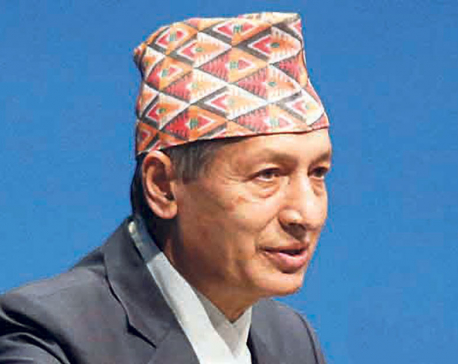
Economy on right trajectory but external challenges loom: Khatiwada
KATHMANDU, March 5: A day after he tendered his resignation as minister of finance as well as communications and information... Read More...
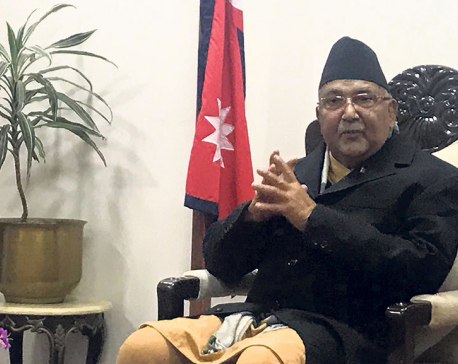
PM Oli weighs in to defend bribe-accused Baskota
KATHMANDU, Feb 28: Eight days after his trusted cabinet colleague Gokul Baskota was forced to resign over allegations of involvement... Read More...

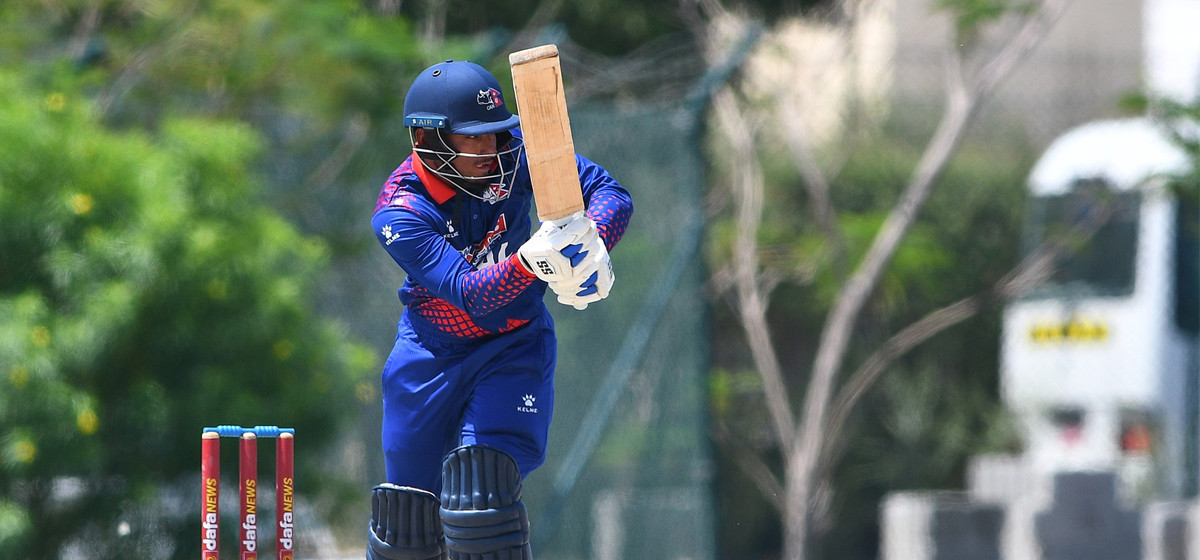
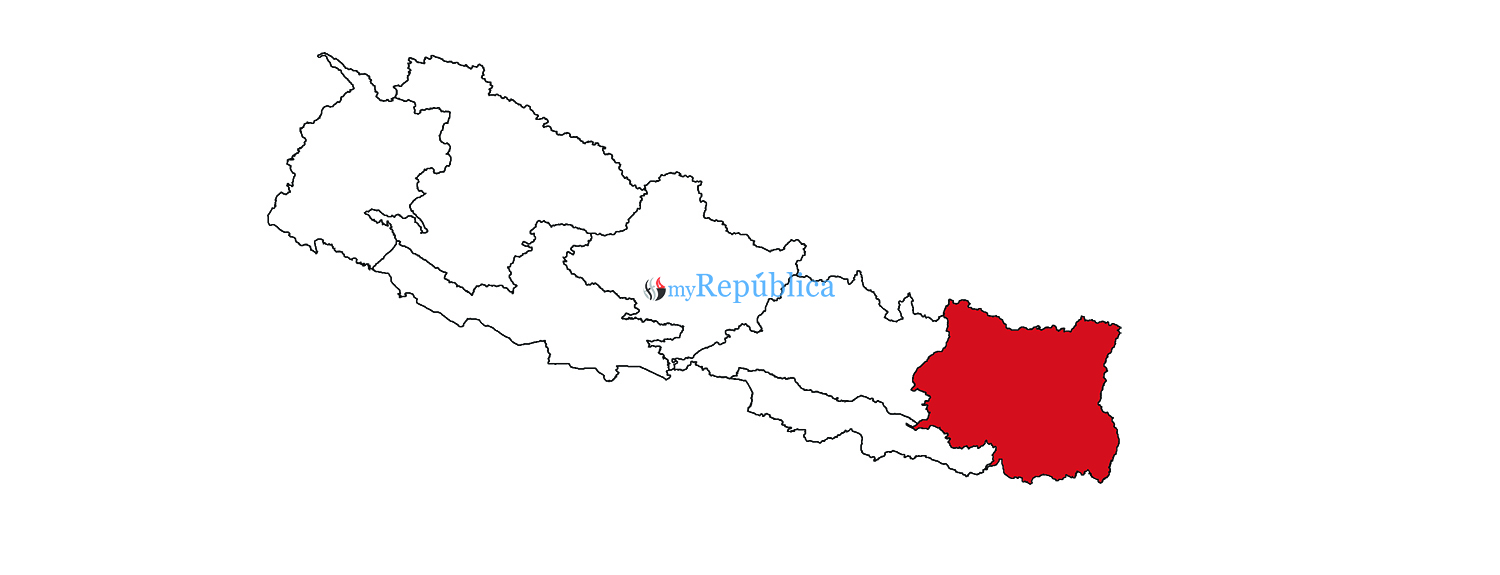


Just In
- Teachers’ union challenges Education Minister Shrestha's policy on political affiliation
- Nepal sets target of 120 runs for UAE in ACC Premier Cup
- Discussion on resolution proposed by CPN-UML and Maoist Center begins in Koshi Provincial Assembly
- RBB invites applications for CEO, applications to be submitted within 21 days
- Telephone service restored in Bhotkhola after a week
- Chemical fertilizers imported from China being transported to Kathmandu
- Man dies in motorcycle accident in Dhanusha
- Nepal face early setback as four wickets fall in powerplay against UAE









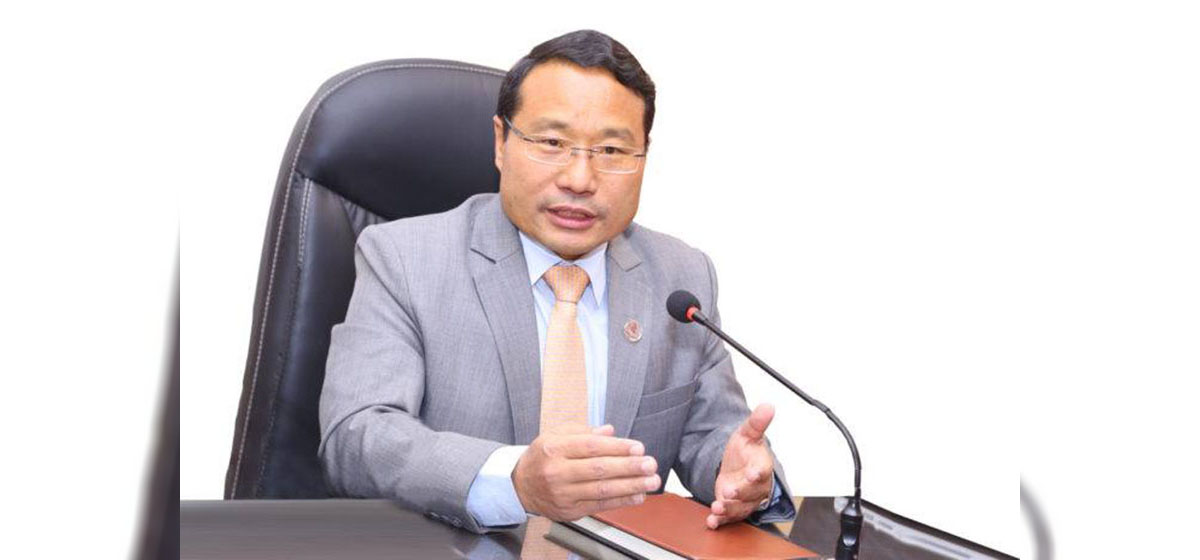

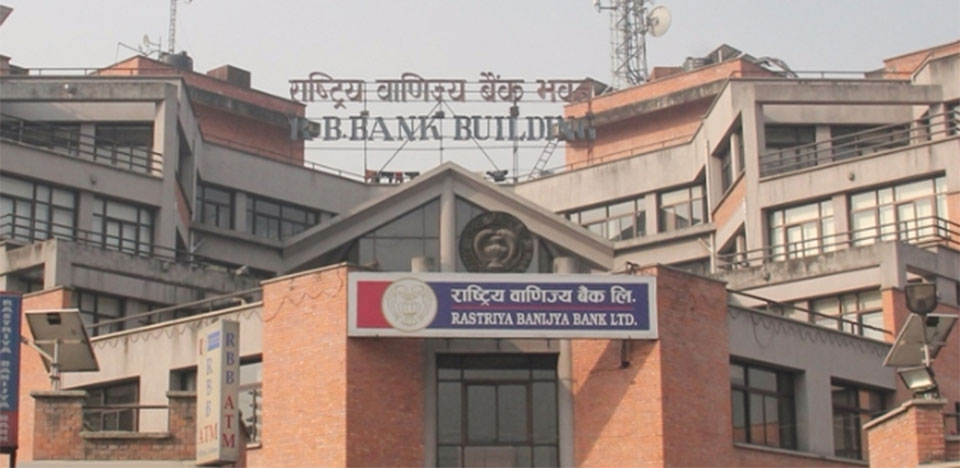

Leave A Comment